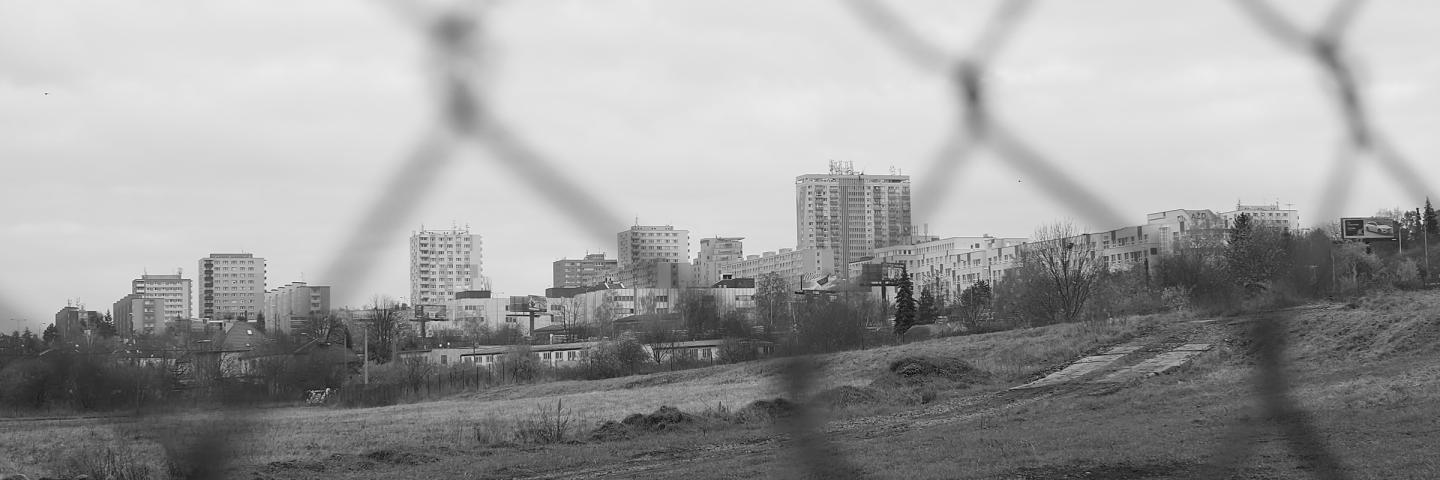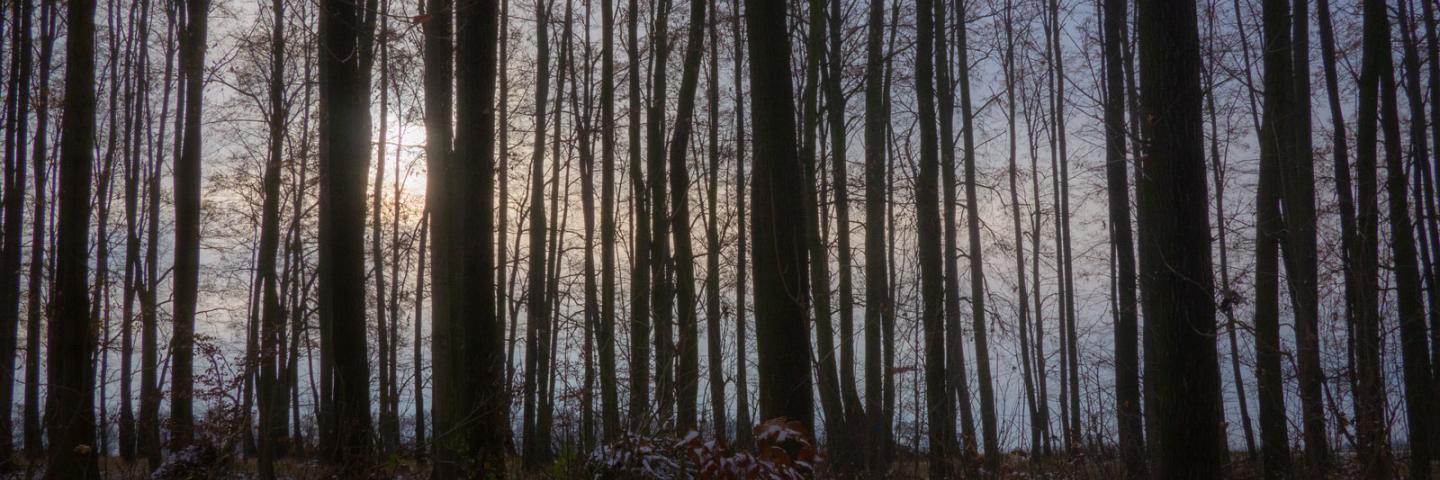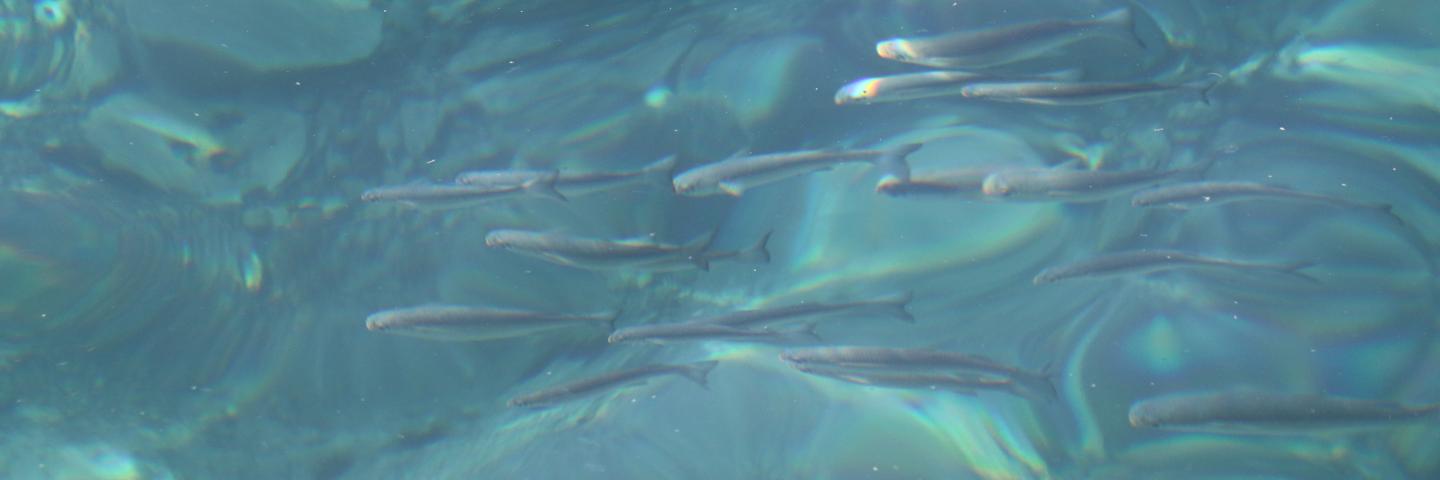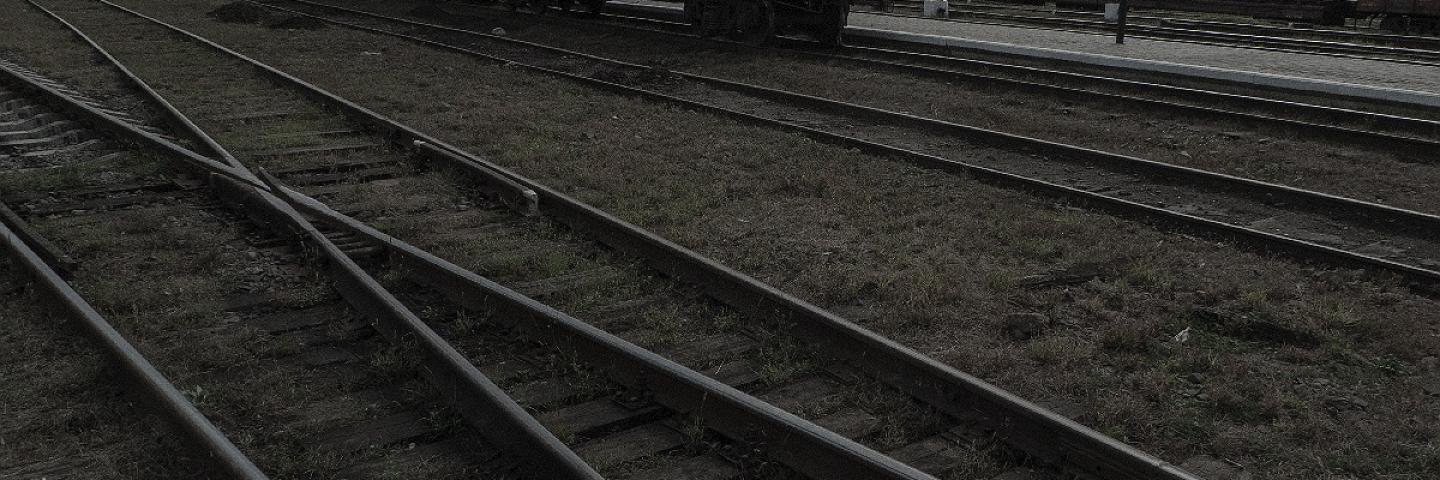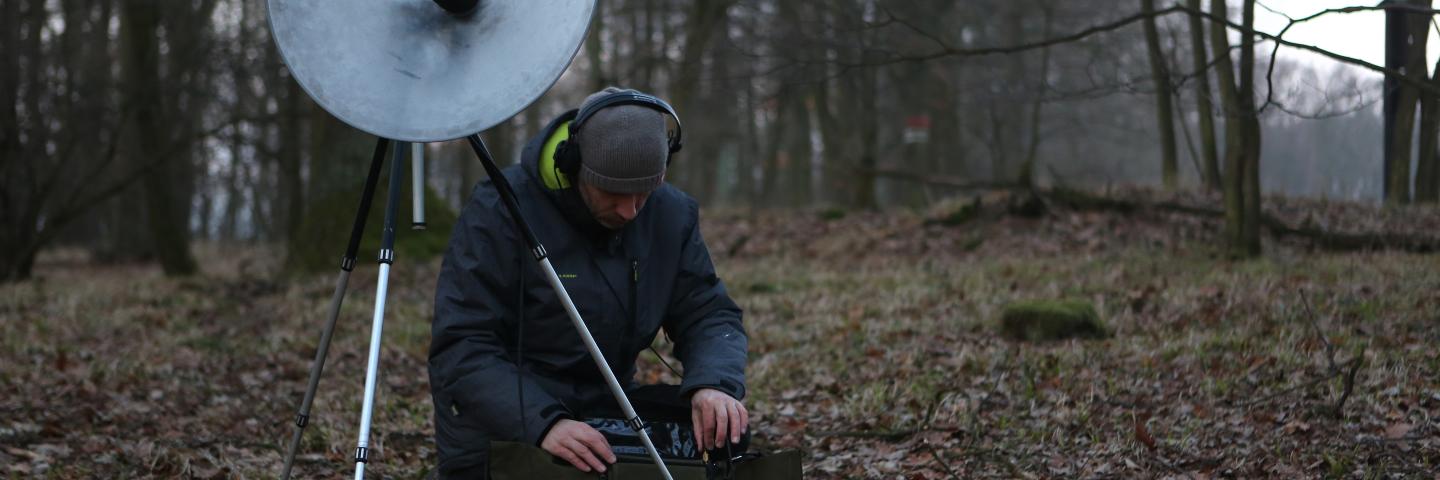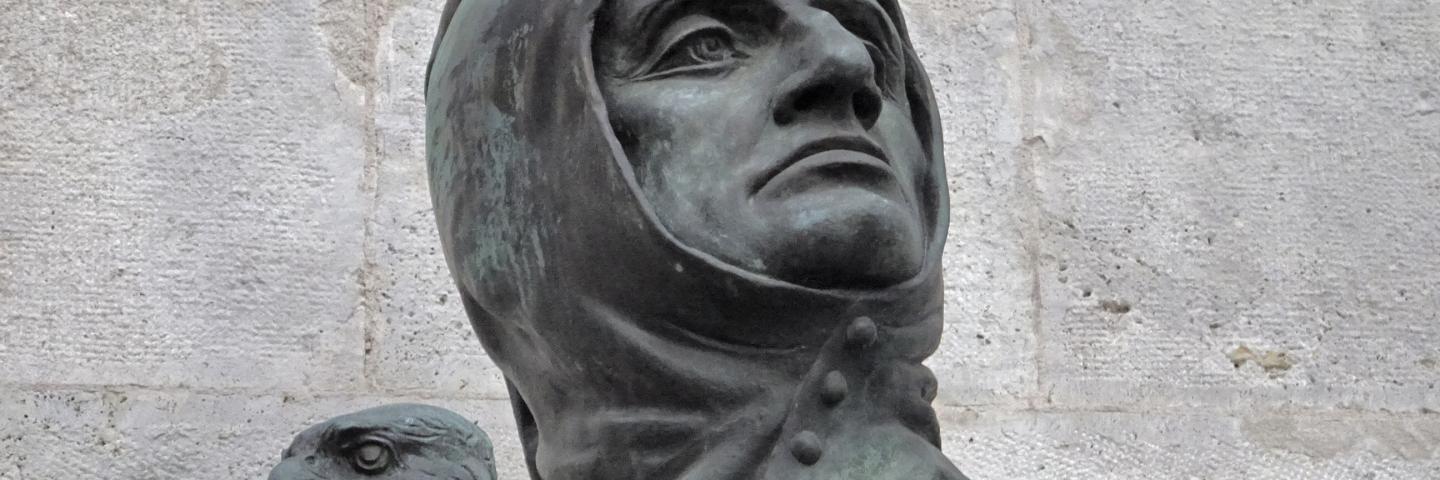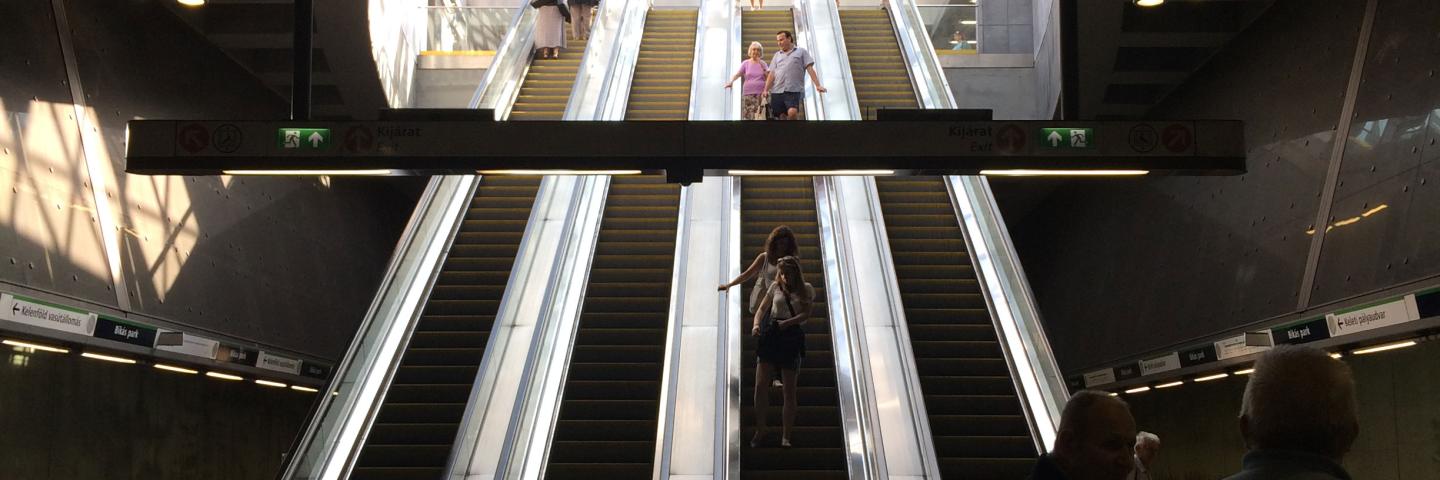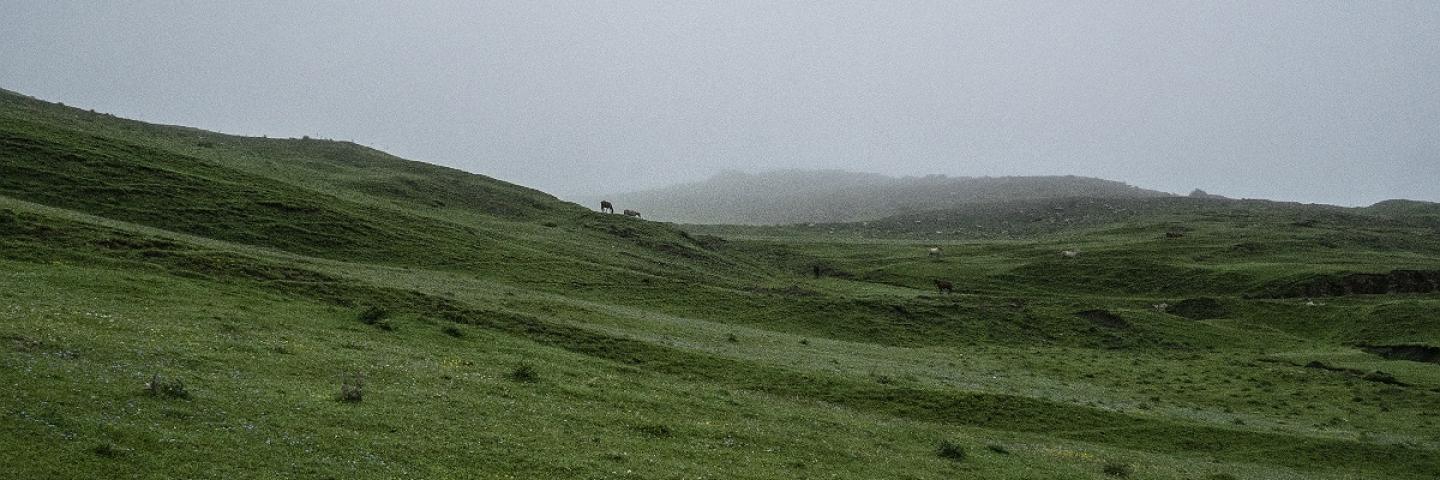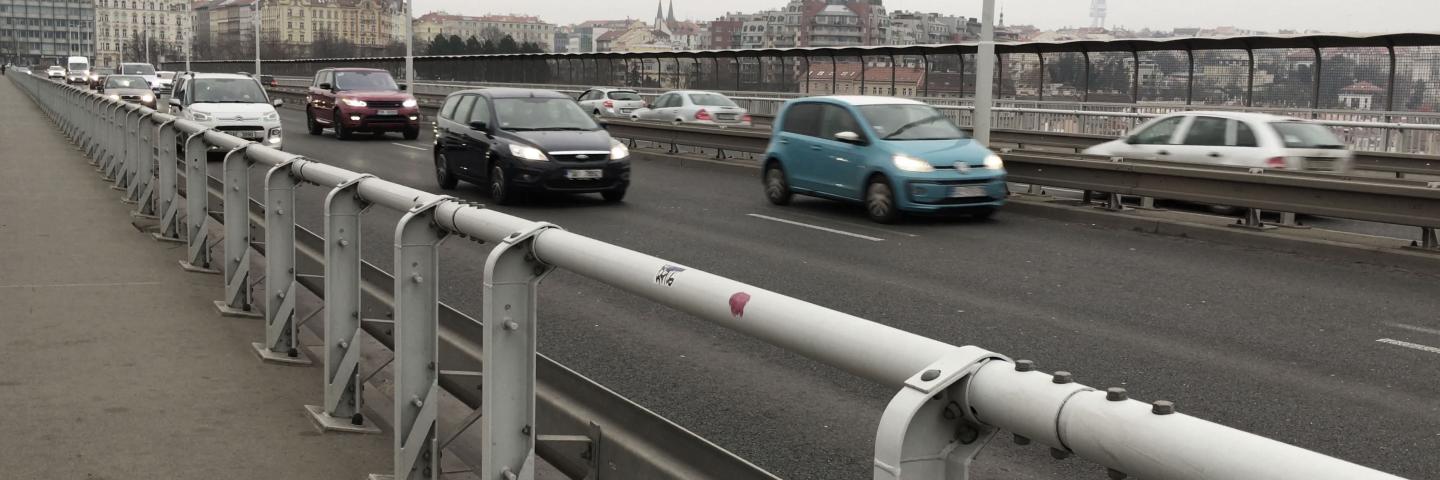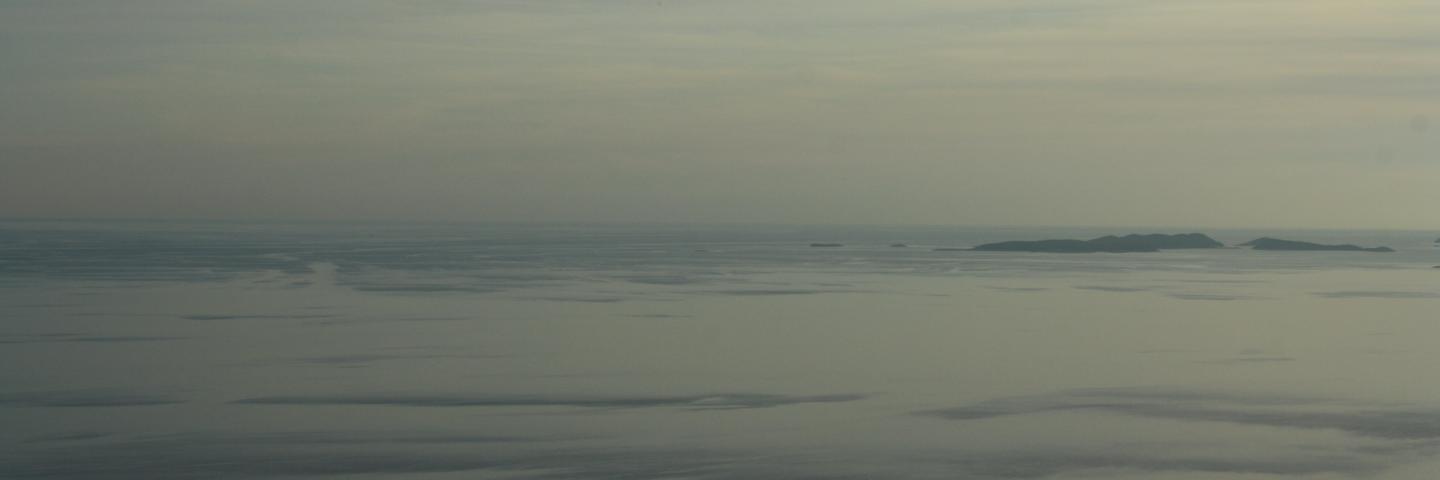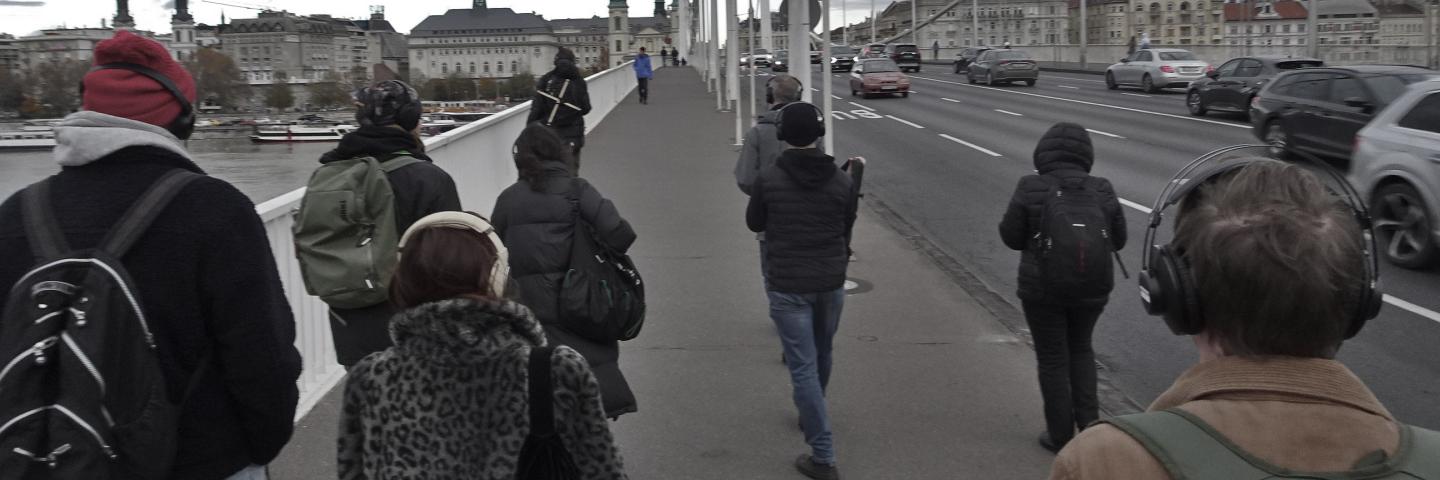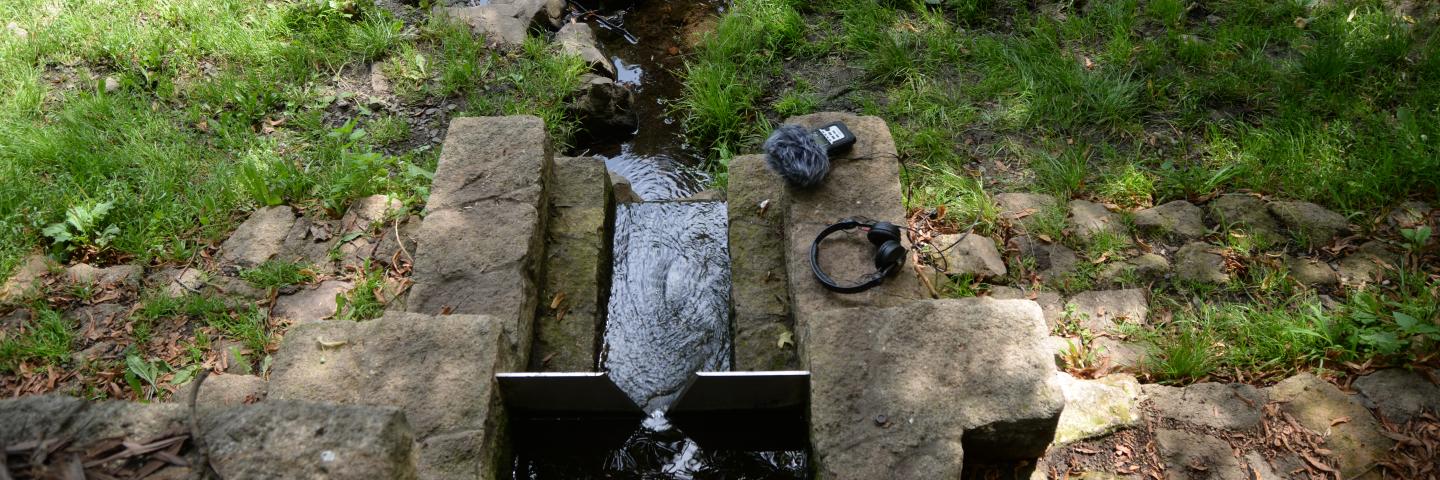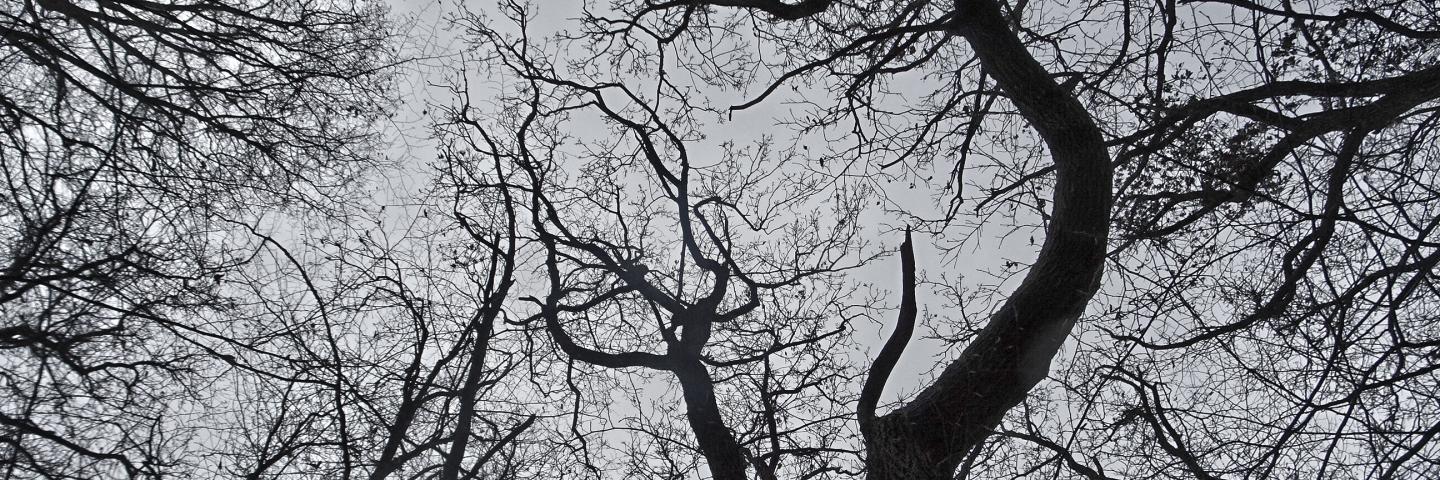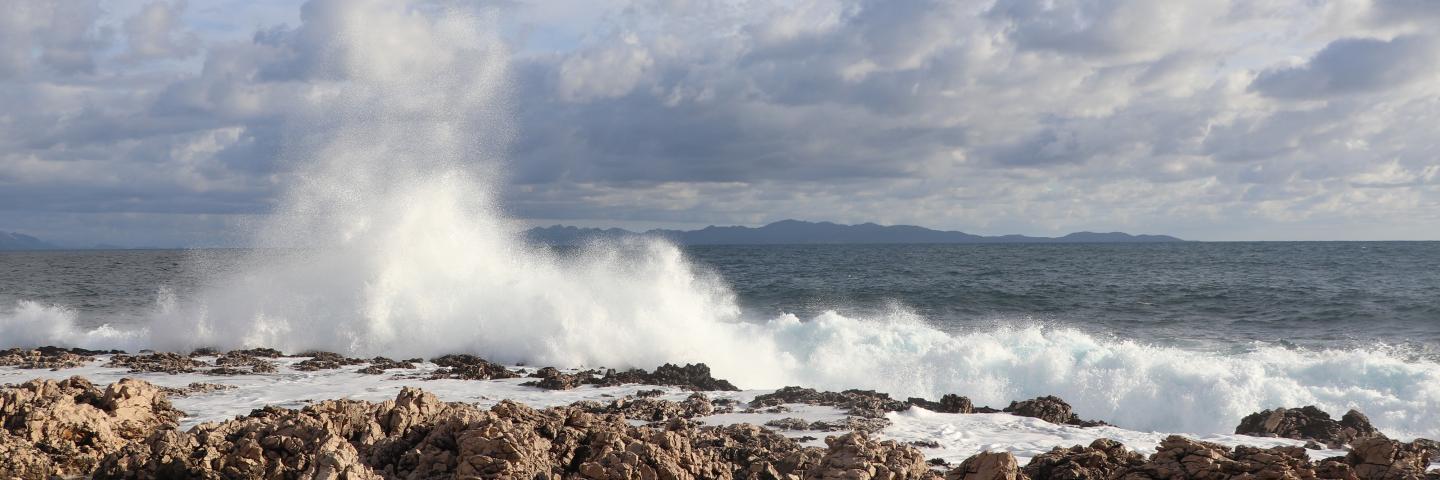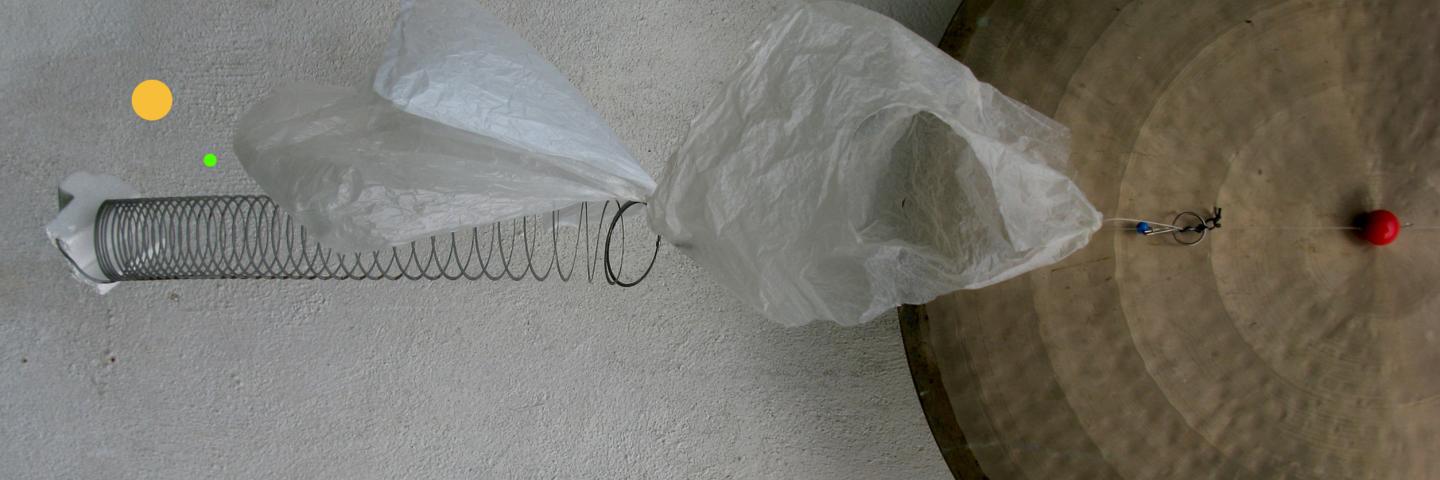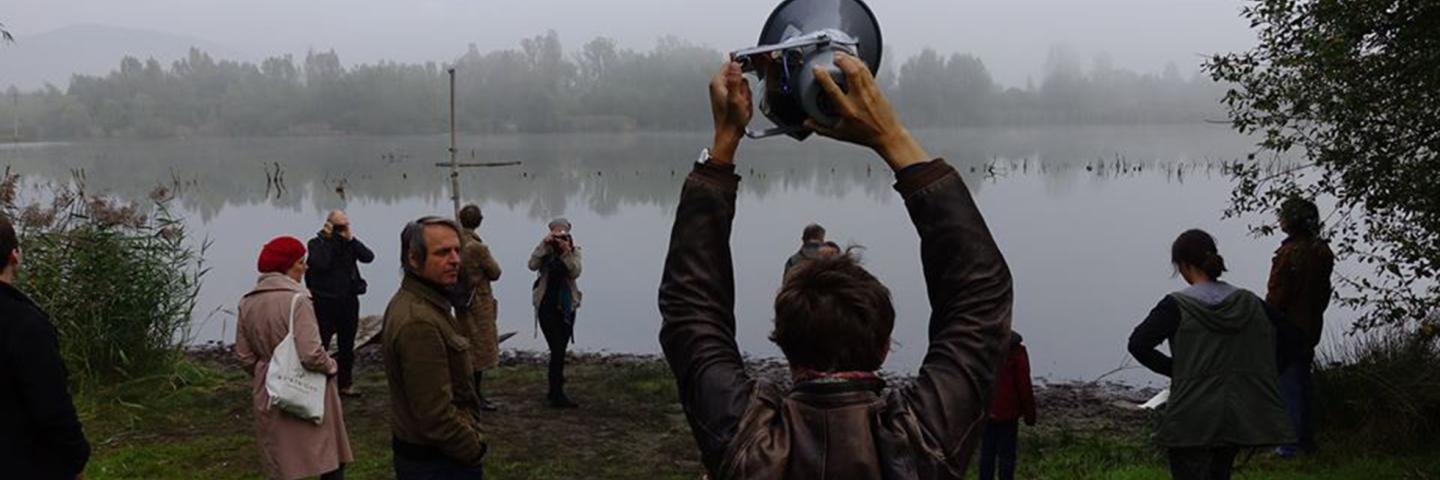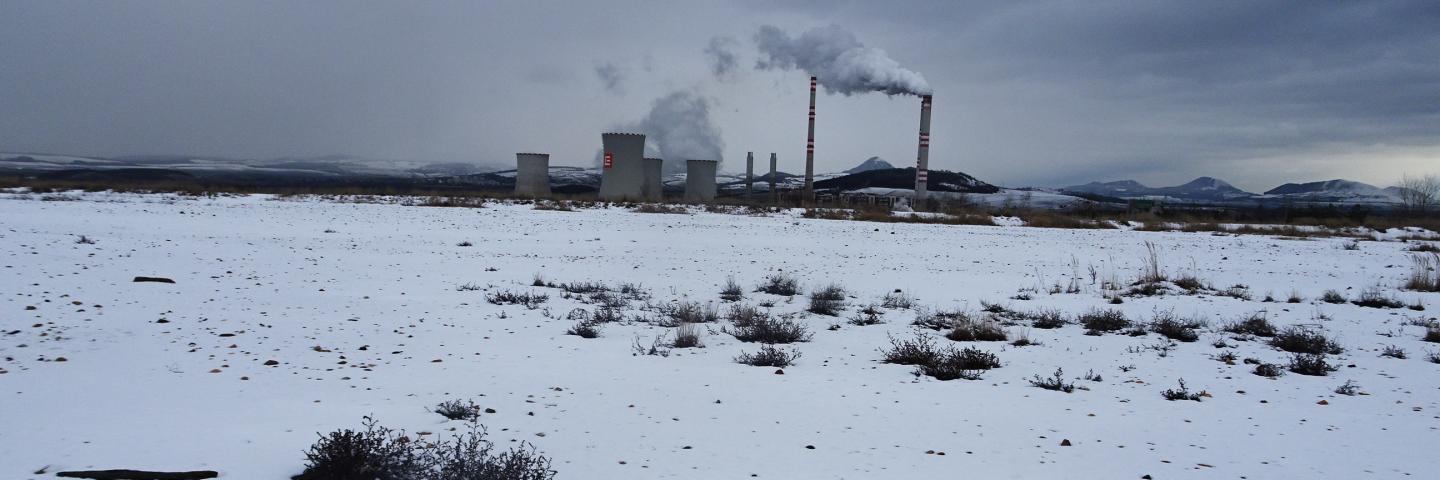János Vargha
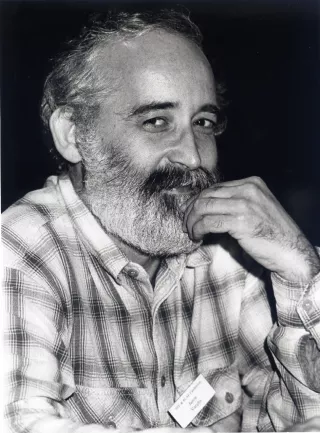
János Vargha (1949) is hungarian environmentalist and photographer. He graduated in 1977 from the József Attila University, Szeged, with Master’s degree in biology. Since 1981 he has regularly published articles and delivered lectures about environmental issues of water management and water constructions. He is a founder of the Danube Circle, the first independent environmental protest group in the former communist block, recipient of the Right Livelihood Award (with the Danube Circle), the alternative Nobel-prize in 1985. In 1990, he was awarded with the Goldman Environmental Prize. He is the editor of a book, published in 1997, about the decision of the International Court of Justice in the Gabčíkovo-Nagymaros hydropower project’s case, and author of its chapter about hydropolitics. From 1998 he was the chief environmental advisor of the Hungarian government, but in 2000 he resigned from this position.
Together with his movement, he actively campaigned against the Gabcikovo-Nagymaros dam complex, which would have endangered the environmental and social balance of a vast portion of territory in Hungary and beyond. Vargha, conscious of the impact of the project both on the wildlife and on the local populations, committed himself to preserve the river Danube and the ecosystem around it, as well as guarantee its inhabitants access to drinking water supplies. In 1984 Vargha established Duna Kör (Danube Circle), an association that would work to oppose the Nagymaros project. Despite a ban on public activities regarding the dam, Duna Kör managed to publicize the issue. In February 1986 Vargha organized a nature walk around the dam site. His group was met by government police wielding truncheons and tear gas. Vargha was then dismissed from his editorial job with a scientific magazine. Duna Kör kept up the pressure, organizing demonstrations and an international conference on the issue in cooperation with the World Wildlife Fund in 1988. The Danube became a nationwide concern and 150,000 people signed a petition demanding a referendum on the dam.
In 1989 Hungarian Government canceled the project of Nagymaros dam. In Czechoslovakia, however, construction of the massive "Gabčíkovo" dam was almost finished when the Communist government fell after the demostrations of November 17th. Despite strong protests from Hungary, Czechoslovakian government decided that it was too late to abandon the project. In 1992 started to operate the Gabcikovo dam and asked Hungary that the Nagymaros should be completed to facilitate Gabčíkovo’s peak load operation.
In 1997 the Court of Justice at the Hague concluded that there was no longer any point in building the Nagymaros dam. However, the Hungarian government ruled by socialists ignored the court’s ruling and decided to complete the dam projects. Demonstrations by Duna Kör and other groups contributed to the failure of the socialists in recent elections.
In July 1998 Vargha was appointed chief advisor on environmental politics to the new Hungarian government. In August Hungary suggested a new round of negotiations with Slovakia, which had split from the Czech Republic in 1993 about the implementation of the Court’s decision.
Recently, he follows the changes in the relationships of humankind and rivers, especially the development of river sciences.
